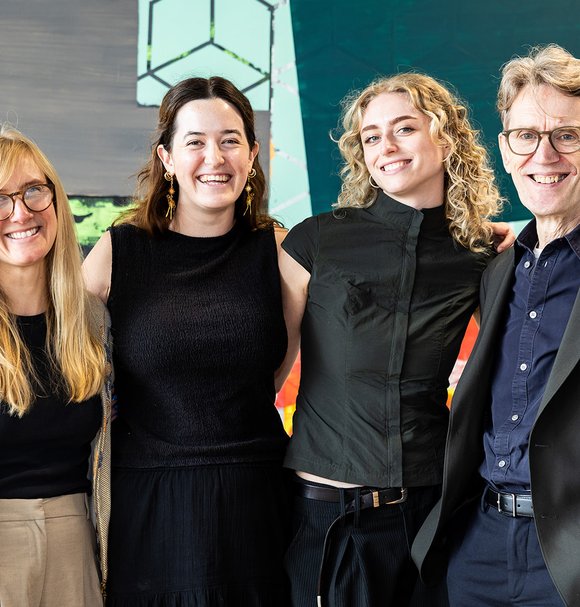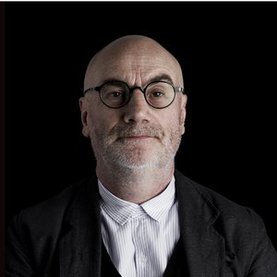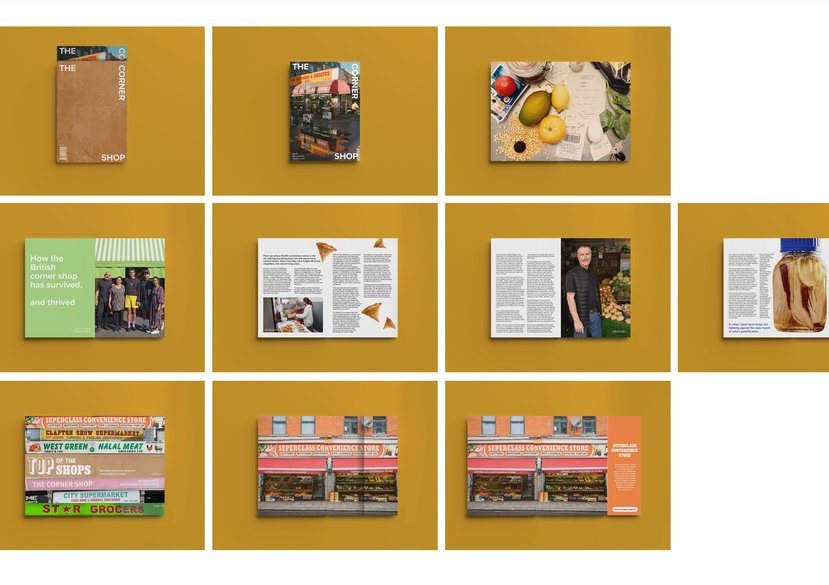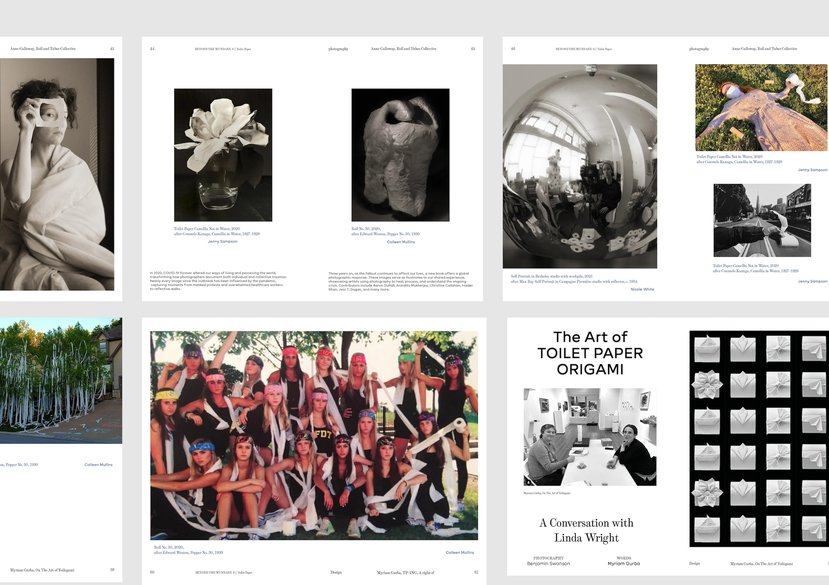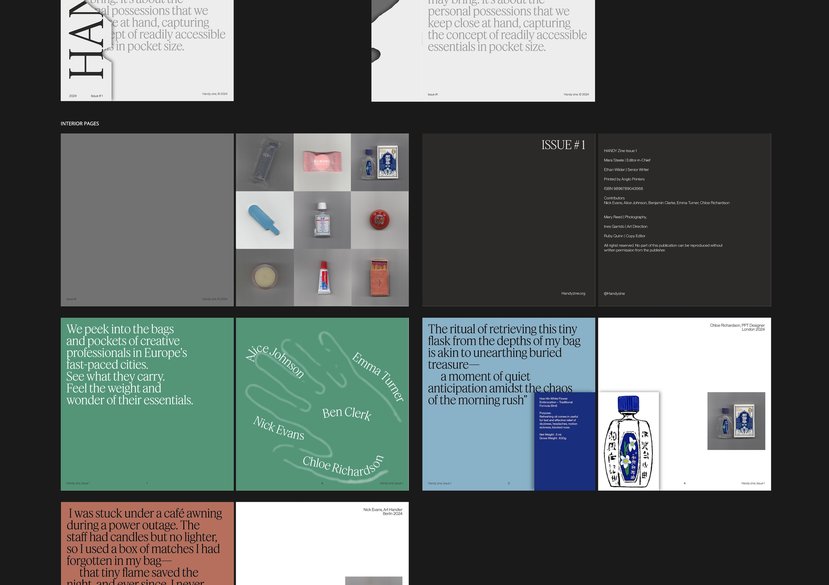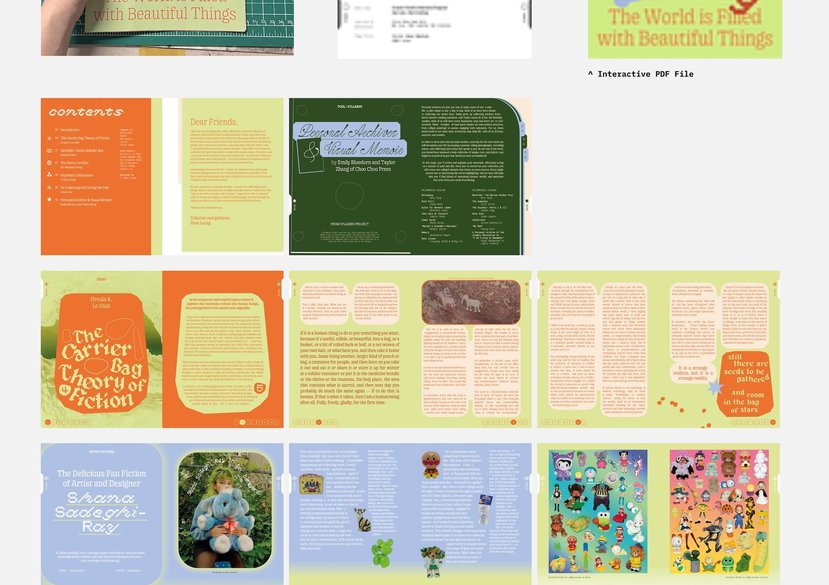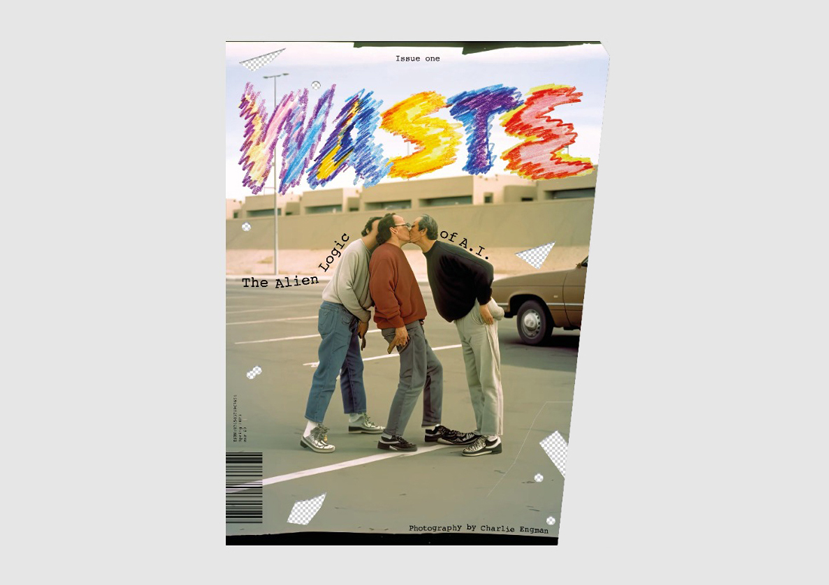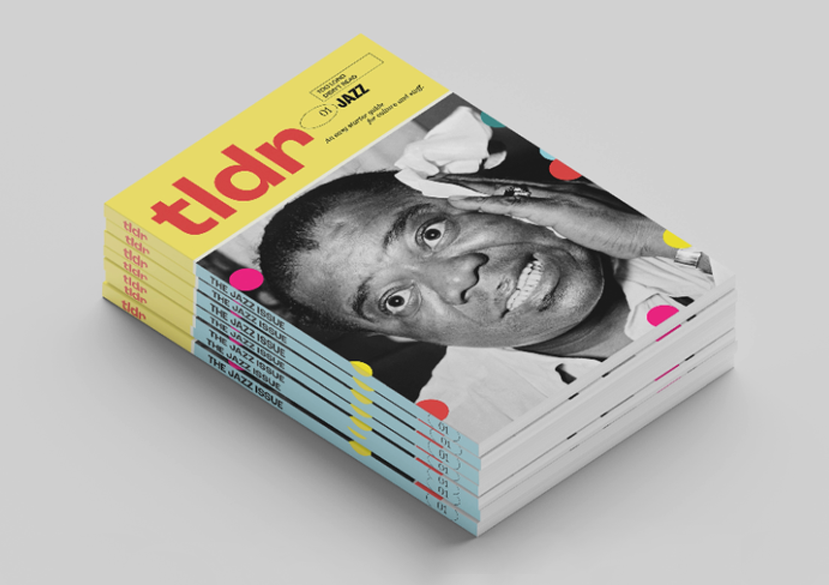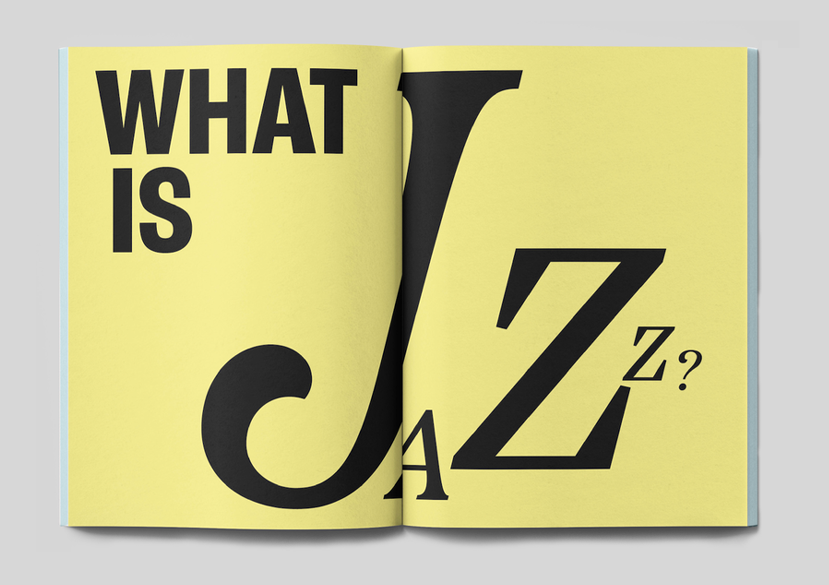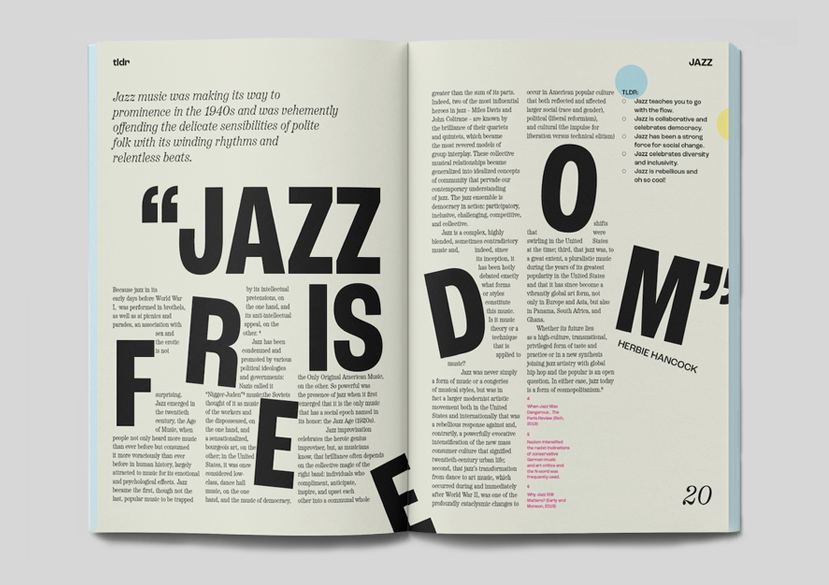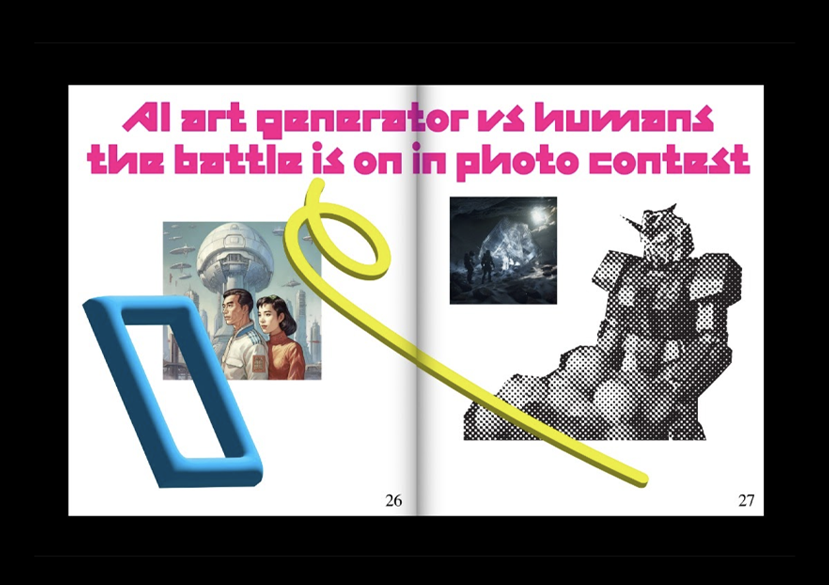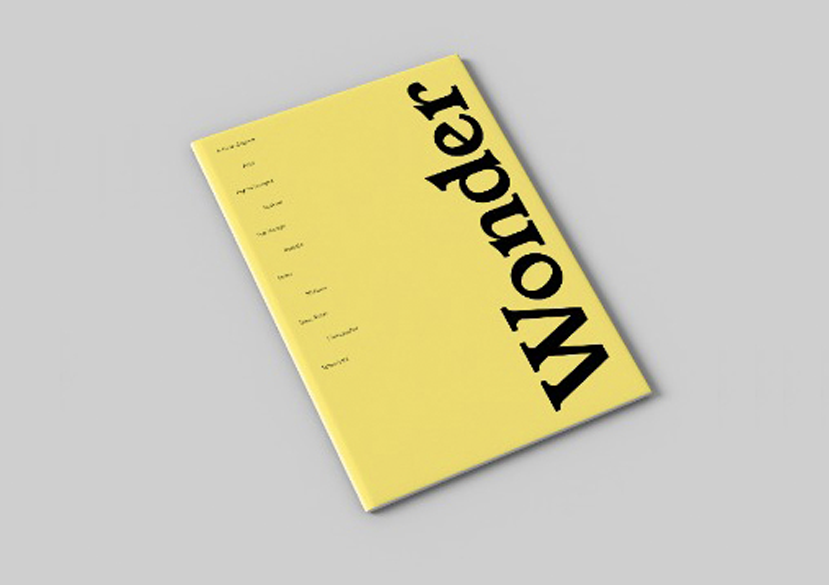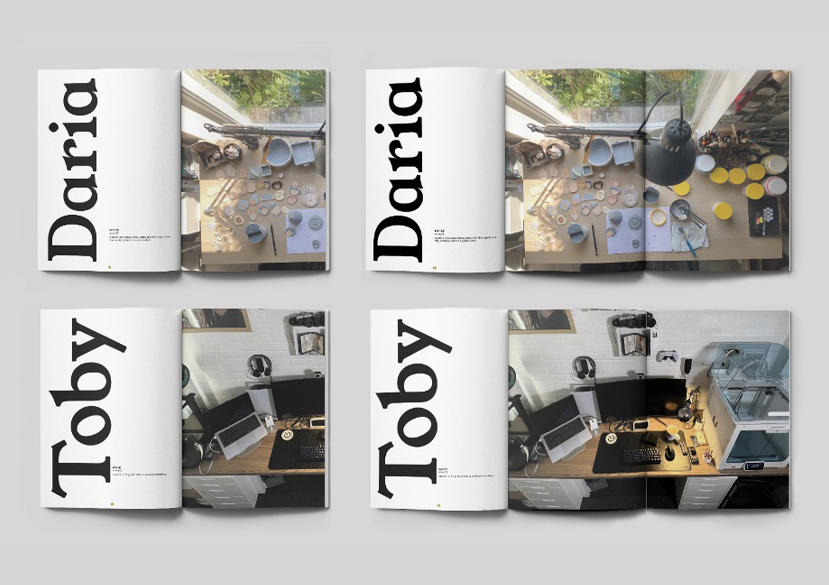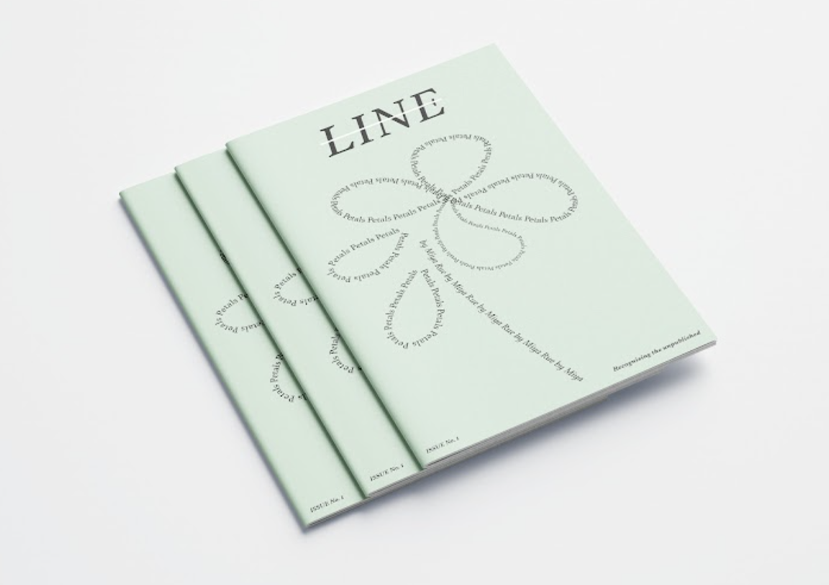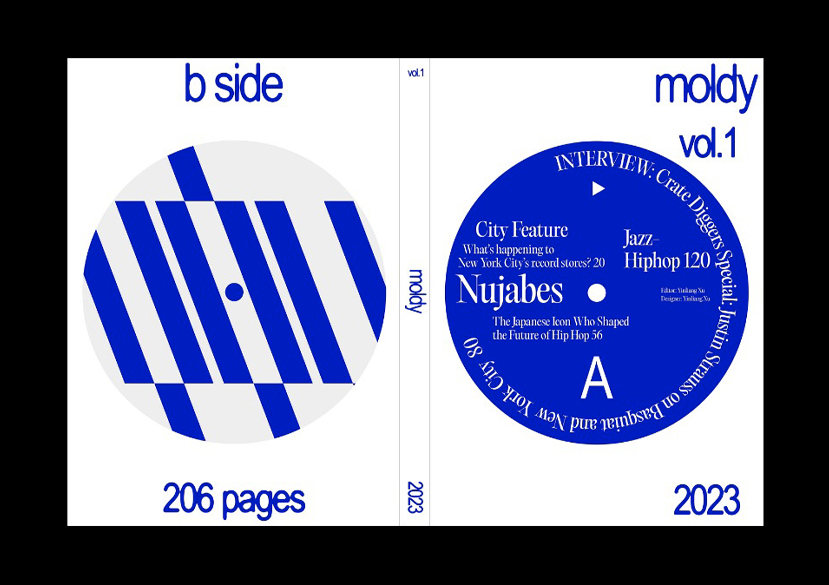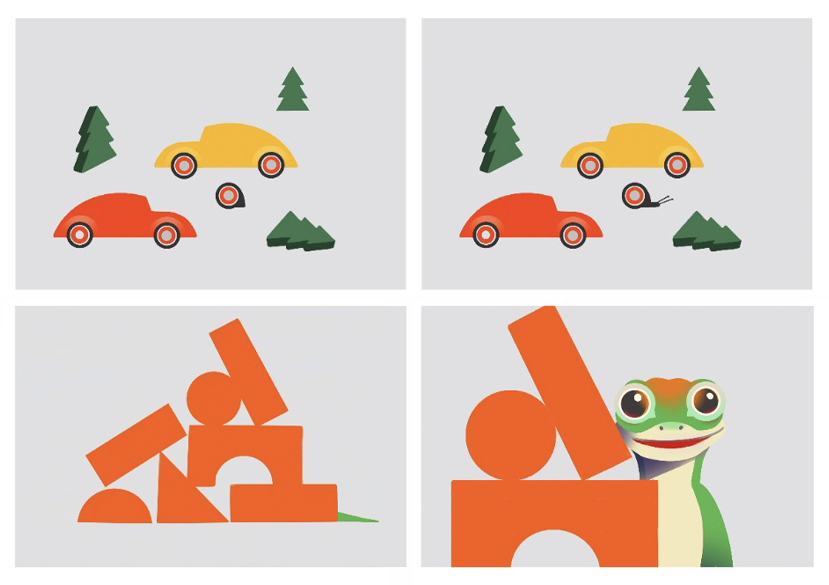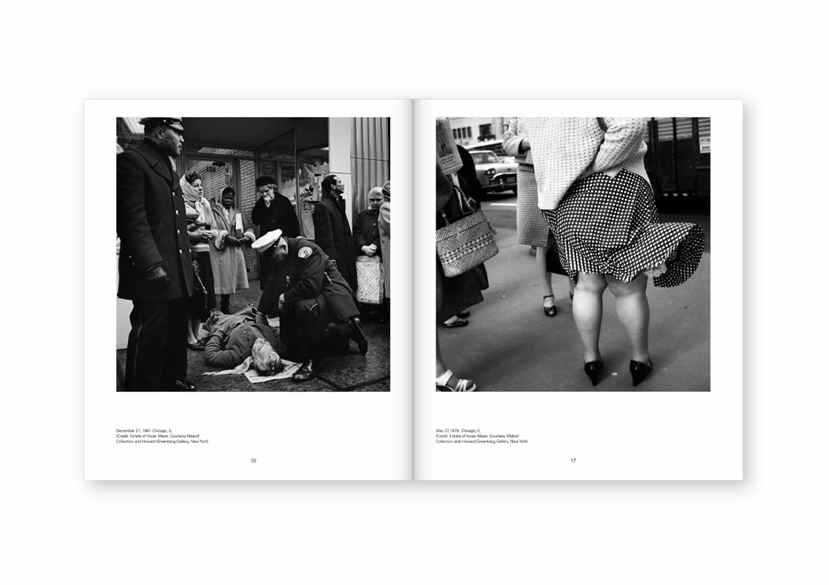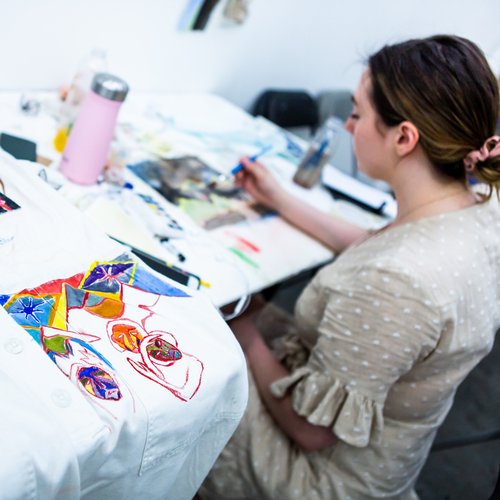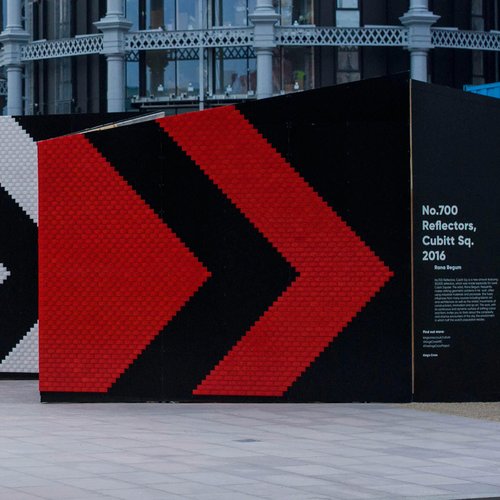
Discover an expanded view of the craft of Editorial Design in open and experimental online environment, under the expert guidance of RCA tutors Adrian Shaughnessy and Astrid Stavro.
Key details
Fees
- £1,325
- 2026 Fully Booked - 2027 Waiting List Open
Dates
-
The course runs over four weeks, with two x three-hour sessions per week.
10:30am – 1:30pm per session
Location
-
Live Online
You are invited to discover an expanded view of editorial design in an open and experimental online environment, under the expert guidance of RCA tutors Adrian Shaughnessy and Astrid Stavro.
This short online course offers an opportunity to explore the craft and art of editorial design, which is defined as the presentation of information in a coherent, relevant and innovative manner, across a variety of analog and digital platforms.
You will work on individual projects that develop your personal and professional skills, and which help you re-evaluate your working methodologies. You will be encouraged to consider ways in which the art of editorial design can be expanded and pushed beyond normal boundaries.
You will be expected to show and discuss your work in the context of editorial craft and the new communication platforms that allow greater fluidity in the way information is received and understood.
At all times you will be supported by RCA staff and guests in a caring and supportive environment. You will work towards validating and presenting your proposals to RCA tutors for review and critique, as well as interacting and collaborating with co-attendees.
This short course will benefit anyone with a desire to develop the skills that will put them at the forefront of current practice. These new found skills can be used in both the professional realm or in more personal activities such as self-publishing.
The course is co-led by RCA tutor Adrian Shaughnessy with internationally renowned graphic designer Astrid Stavro.
About the course
What will you learn?
By the end of this course you will have learnt to:
- experiment with new channels and new platforms
- produce editorial design that satisfies readers, content providers (such as writers, editors and photographers) through tuition, guidance and insight
- develop your own editorial design projects and present them in front of RCA tutors
- expand your skills and grow confidence in making editorial design approaches
- ask critical questions about the practice, such as, what is the role of sound and motion in editorial design?
How will you learn?
- Students will work on briefs in their own time and use the online sessions to present work, receive critique and engage in group discussions.
- Work with practitioners and educators to develop a critical, creative and insightful practice in an environment catered for personal exploration.
- Attendees are encouraged to make work in response to briefs, and then submit it to informed critique.
What are the outcomes?
You will come away from this course with:
- a thorough re-appraisal and revitalisation of your current editorial design practice
- an expanded notion of what it means to be an editorial designer and what forms editorial design can occupy
- at least one piece of work that shows an ability to function at an advanced level, and which, if desired, can be used as a portfolio item
- above all, you should emerge with a new-found confidence in your ability to make work that avoids blandness or lacks ambition.
Examples of course outcomes might be: test spreads for publications (print and digital).
Who should attend?
This Editorial Design short course will benefit anyone across the broad spectrum of the editorial industry with a desire to develop design skills that put them at the forefront of current practice. This includes but is not limited to:
- current graphic design students
- recent graduates with a need/desire to improve editorial design skills and knowledge
- professionals working in publishing, advertising and communications
- people interested in self-publishing
- those preparing for Master’s-level study
- most importantly, it is for anyone seeking an opportunity to improve, expand or revitalise a personal practice and experiment without professional constraint.
Personal and organisational benefits
In this course you will gain:
- the confidence to recognise and develop editorial design skills that put you at the forefront of current practice
- the ability to discuss approaches and gather knowledge about contemporary and historical trends
- an expanded understanding of what editorial design is in the current media landscape
- the chance to work on MA-level projects and experience professional-level critique
- a certificate of online attendance.
Online delivery
The course is organised in synchronous sessions in a live virtual environment that combines various digital platforms and tools.
Zoom
Using the videoconferencing service Zoom, the RCA's esteemed academics and facilitators deliver a mix of:
- live lectures
- case studies
- guided assessments
- presentations
Participants interact with the faculty and peers in breakout rooms in real time.
Miro
Participants engage in cross-functional team work with the use of visual collaboration tools.
Through the online whiteboard platform Miro, participants get to:
- interact with various formats and templates
- plan and brainstorm ideas
- create processes and workshop activities in the digital workspace
Moodle
The College's learning platform Moodle is personalised according to the course's requirements to provide participants with a secure integrated system where they can access the course content.
The hub hosts a range of useful resources to enable the learning experience, including comprehensive timetables, pre-reading materials, course slides, curated videos, tutorials and session recordings.
Slack
Participants stay connected and communicate via the channel-based messaging platform Slack throughout the whole duration of the course.
In this space, the academics, facilitators and delegates get to network, plan the course activities, share documents and files during the live sessions or offline.
Admission criteria
This course is not suitable for beginners.
Participants must:
- have an undergraduate degree in a design or a demonstrably creative background
- be familiar with some of the industry-standard software packages (e.g. Adobe InDesign, Illustrator and Photoshop, FontLab, Glyphs, etc)
- use a desktop computer or laptop
- have a basic understanding and some experience of editorial design
- have a good level of English
- be 21 years or over.
Disclaimer: The information given is accurate at the time of publication, however, the RCA reserves the right to amend the described course as circumstances dictate.
The RCA Editorial Design Summer Intensive video above is intended to be informative and some elements are not possible for the online version.
Course staff
Gallery
Contact us
Get in touch with us if you'd like to find out more about this or any of our other short courses.
short-courses@rca.ac.uk
